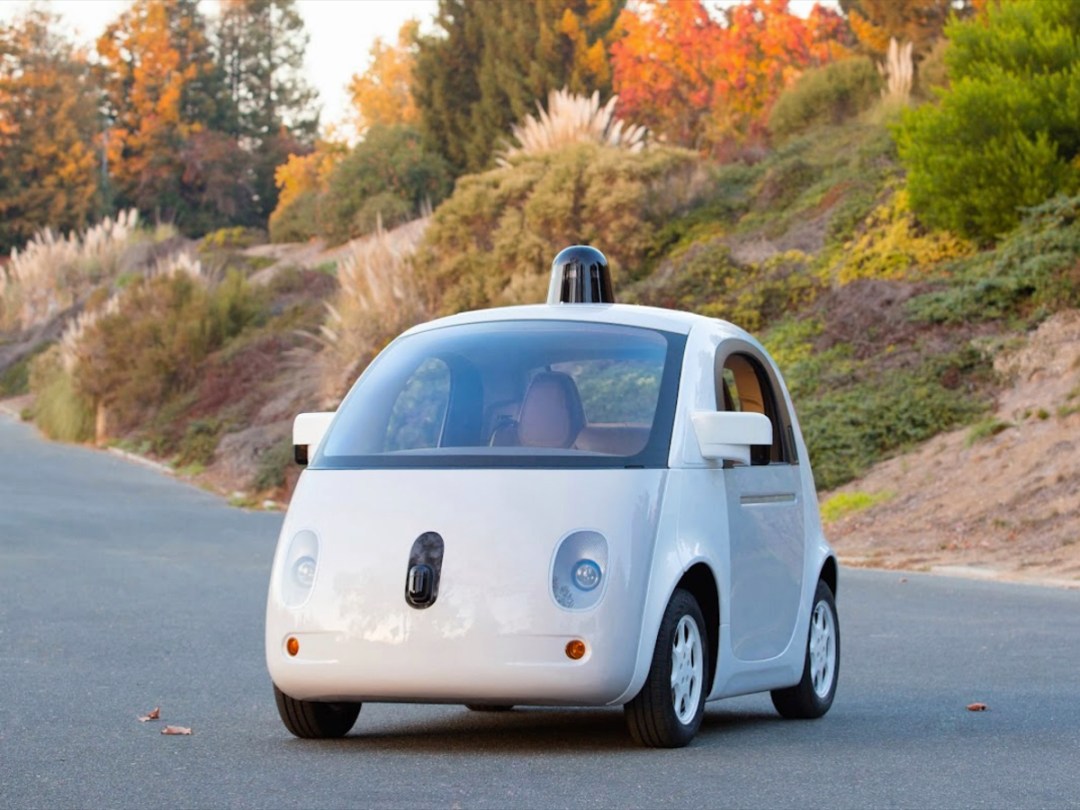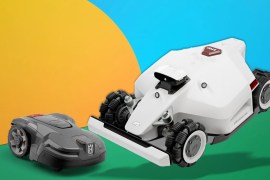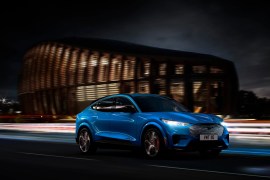Auto-fail: Google’s self-driving car crashed into a bus during testing
First at-fault accident shows the long road ahead for autonomous cars

Autonomous cars promise to take human error out of the equation and minimize accidents and fatalities – but occasional mishaps surely cannot be completely avoided. At least, that’s what Google’s self-driving car learned earlier this month.
Google confirmed today that one its tester cars – a Lexus RX450h outfitted with the company’s software and myriad sensors (Google’s custom self-driving prototype shown above) – smashed into a bus in Mountain View, California on 14 February. It wasn’t a very speedy collision, luckily, and no injuries were reported. However, the car suffered front fender, wheel, and sensor damage.
While Google’s cars have been in accidents in which it wasn’t at fault – and also pulled over once, too – but the company says that both sides have some responsibility in this particular incident. The car tried to switch lanes to avoid storm drain-blocking sandbags in the road, and the software believed that the bus in the other lane would slow down to allow it in. That didn’t happen.
"Our test driver, who had been watching the bus in the mirror, also expected the bus to slow or stop. And we can imagine the bus driver assumed we were going to stay put. Unfortunately, all these assumptions led us to the same spot in the lane at the same time," reads Google’s statement. "This type of misunderstanding happens between human drivers on the road every day."
Google says it’s "a classic example of the negotiation that’s a normal part of driving," and more importantly, the self-driving software platform has learned from the mistake. They’ve put the incident through their simulator, along with "thousands of variations on it," and taught the software to make smarter decisions in the future.
"From now on, our cars will more deeply understand that buses (and other large vehicles) are less likely to yield to us than other types of vehicles, and we hope to handle situations like this more gracefully in the future," says Google’s statement.
[Source: Reuters via Engadget]
Read More › Google’s self-driving car was pulled over



